“Indiana Jones, eat your heart out!” exclaims Alice Morrison in her new BBC iPlayer documentary, Arabian Adventures: Secrets of the Nabataeans, in which she explores the ancient civilisation who built – and lived in – Petra in Jordan and AlUla in Saudi Arabia.
At this moment in the documentary, Alice is walking into a tomb in Petra and realising she’s in one of many places in the ancient city that could – quite possibly – hide the secrets of the Nabataean community she’s tracing. If only she could dig through the waist-height piles of desert sand that have gathered inside it over the years.
This might sound intrepid – and it is – but it’s only the latest in a long line of unique exploration for the British explorer and adventurer, who has traversed the length of Africa by bike, completed six marathons in six days in Morocco’s Sahara, faced snakes in the desert, discovered lost cities, almost fallen into quicksand, and so much more.
From her home in Morocco – and with a magnificent backdrop of the Atlas Mountains – Alice joined Citizen Femme on a video call, telling us more about her life of adventure, and taking us behind-the-scenes of her new documentary.
Your tagline is ‘Indiana Jones for Girls’ – tell us how this describes you and what you do?
Somebody gave me that title – I was absolutely delighted and grabbed it. It might sound a bit weird – ‘Indiana Jones for Girls’ coming from a midlife woman – but, on the other hand, Indiana Jones himself was quite aged so I feel ok about it. I think that the reason is people get it immediately: I do lots of roaming around deserted places with scorpions and snakes; I’ve hit quicksand; I’ve discovered lost cities; I’ve found dinosaur footprints. It tells you I’m an adventurer, and that there’s going to be some perils.
You’re born in Scotland but currently based in Morocco. When did you first visit Morocco?
The first time was so long ago. But, more recently, I came to Morocco because I signed up for the Marathon Des Sables on my 50th birthday. It’s called the toughest foot race on Earth – though it’s not really the toughest, there are harder ones. It’s six marathons across the desert within six days, and you have to carry all your own food and equipment. The middle marathons are double, so you do 52 miles at once. I’d never run a marathon before, far less six, and I was terrified; one of the things I could do to make it easier – and also to make more of a story of it – was to come to Morocco and live here to get comfortable with the culture before the race. I fell in love with it and stayed.
What made you stay?
I speak Arabic; I studied Arabic at university and I was brought up in Africa. Morocco is that mix of Arab and Africa. It has really diverse landscapes – we’ve got mountains, desert, and the coast – and above all the people are so kind and friendly, they have a good sense of humour and are welcoming. The world always seems very difficult, but here you can just live a happy life and that’s what I really want to do. I want to live a happy life.
Before Marathon Des Sables, you’d cycled from Cairo to Cape Town for Tour D’Afrique – tell us about this:
Tour D’Afrique was my very first big challenge. Before that, I’d done lots of adventurous things on my holidays, but I’d never done anything massive. Tour D’Afrique came along, it was from January to May – 100 days riding, 20 days rest – and massive saddle sores. What an adventure. My first book came out of this race. It’s called Dodging Elephants – the clue’s in the title. It was an extraordinary adventure. If you ever get the chance to do the race, sign up.
Had you done anything similar to that before?
No, but I liked taking adventures during holidays and weekends, so I didn’t really think about it too much. I’d gone through a very difficult time at work and this race had been on my mind. I thought it would reacquaint me with Africa, which is where I grew up. I signed up, and my training consisted of sitting on my static bike in my sitting room (because it was winter), eating chocolate, and watching Strictly Come Dancing. The first two weeks in Egypt were a nightmare. I was actually quite fit at the time and in good shape – but I wasn’t ‘long-distance bike’ fit so it was all a bit of a shock. I remember sitting in my tent on about the fourth night thinking ‘what have you done, you absolute idiot.’ My tent actually blew down that night to make my misery complete. It took four months in total, and in the end, it was utterly life-affirming and wonderful. I hope that as long as my memory lasts, the memories of those days last.
What is your best memory from the journey?
Tour d’Afrique. Image Credit: Kristian Pletten
I absolutely loved Tanzania. We cycled there in the wet season, often along red-clay roads, and you just became totally and utterly covered in mud. It was so muddy that you’d have to stop the bike, find a puddle and clean the chain off so you could keep cycling. It was hot, but it was raining, and there were tsetse flies – which are attracted to large shiny objects like my bottom, and were biting me. I was careening down this red-dirt road at about 50 kilometres an hour, whooping; I was covered in mud, covered in sweat, covered in flies, and was just having the best time.
And your worst?
This is actually quite easy to answer. In Kenya, there’s a road called the lava road, it’s a road of broken black lava rocks. We’d hit a drought and people were sitting by the roadside begging for water, which I couldn’t give them from my Camelbag because I didn’t know how much water I needed to get to the camp. I felt a huge sadness for those people and the lives that they were living in this incredibly bleak landscape. Add to this, the horror of every single stroke of the pedals causing your nether region to slam onto the saddle. I’m really not a crier, but at one point I came up over a hill and saw one of the other riders, Sam. I knew that he was about half an hour ahead of me, and he was still cycling. I just thought ‘oh, man.’ I was the very last person to make it in; fifty per cent of riders didn’t, and I was one of only three women who did.
It was a dreadful day, it broke me. In fact, the next day I rode in the truck [before getting back on the bike the following day]. It’s one of my only regrets from that whole journey; I wish I’d just started that day – because if I’d started I might have got halfway, or I might have finished. But it’s a lesson. I’m going through my life trying to learn lessons and get better. I hope I’ll continue to carry that one with me.
After making the journey, what motivated you to put pen to paper about it?
I’ve always loved reading, my mum taught me at the age of three. I’ve also worked in journalism for many years, and I just wanted to share my experiences – because not many people do this. I wanted to share the glory and the grime, the grit and the grub, and I hope I did that.
You were the first woman to walk Morocco’s Draa River – it seems you like a challenge! Why?
I really can’t answer that question. I think it’s just one of those things. I’ve always tried hard: if God loves a trier, then God loves me. Whatever I do, I try. When I do something stupid, or I fail, I sometimes find it absolutely devastating, it takes me ages to get over it. But I’ve always just wanted to push – whether it’s at work, or partying when I was younger. I love the outdoors. I love being in nature. I love the peace and focus of it. When all you have to do on a day is to get the job done, you’re really living in the moment – and that’s incredibly rich for me.
What you do can be described as adventure travel – what makes it so?
How many people can say they’ve spent seven and a half months walking with six camels across the Sahara in Morocco? I think it’s the sheer scale of what I do. I’m in places where I’m exposed to danger and that challenge me, using all the skills I’ve learned throughout my life to make sure that my journeys are a success. I’m trying to move towards more exploration as well. It’s back to the idea of doing something active and pushing yourself. I think we can all be adventurous; you don’t have to do what I do, but every single day I’m learning and I’m pushing. I’m enjoying and observing life and trying to create my own kind of meaning within that.
Any advice for someone that would like to follow in your footsteps?
Advice is a difficult thing, but I can tell you what I did. I had good, full time jobs for a lot of my life; I led what you would call a ‘normal’ life. I had a beautiful house, a decent car, nice clothes and a great group of friends. Every single holiday I would join groups as a solo traveller – maybe mountain biking in Chile or ice-climbing in Peru. I found that was a really excellent way to have adventures that would have been difficult to arrange on my own, without knowing the country. Travel companies like Intrepid are the experts and you can join them on these adventures to do amazing things, and you’ll almost always meet a new friend. If you’re looking to do something a bit adventurous then Google is your friend: have a look, see what you fancy and where you want to go. Find a company that’s organising a group tour and join in. Then you can graduate onto doing things on your own.
What would you say is the most adventurous trip you’ve made?
Walking the length of Morocco in the Sahara with six camels and my Amazigh guides, Addi bin Yousef and Brahim Ahalfi. We covered a vast amount of distance in great detail. In the Sahara, we survived by walking from nomad to nomad encampment for water. I have a terrible sense of direction so Brahim was navigating, using the sun and the wind. We hit quicksand, there were snakes, and we had to walk through landmines for 10 days. That was a very significant adventure for me – and also helped me learn more about the culture and place I live, Morocco. Whatever culture you’re from, whatever gender you are, whatever religion you are – none of it matters when you’re doing a really magnificent journey together.
Your new show, Arabian Adventures: Secrets of the Nabataeans, delves into ancient civilisations in Petra, Jordan and AlUla, Saudi Arabia – how long did you spend filming in both?
Alice Morrison filming with the camera crew in AlUla, Saudi Arabia
The Nabataeans left these two magnificent cities; one in Petra, Jordan and one in AlUla, Saudi Arabia. I’d actually visited both of the sites before because you can’t keep a good woman down when it comes to looking for shards [Alice’s passion for ancient shards becomes clear in Episode One of Arabian Adventures: Secrets of the Nabataeans, when she discovers shards in Petra from 2,000 years ago]. I’m very interested in ancient cultures. I first visited Petra when I was a student; there were no tourists and the Bedouin were still living there, so the fascination with this incredible civilisation has been with me for a very long time, especially with the façade of the Treasury. To film the show, we spent about two weeks across the two sites, including travel.
What’s a surprising fact we might learn about the Nabataeans when watching the show?
That women seemed to have had a very high status, because Queens could pass on the monarchy to their daughters.
What’s a surprising fact about Saudi Arabia we might learn?
Given that I’ve been learning Arabic for over 40 years, having the opportunity to go into Saudi Arabia, the heart of the Arab world and the birthplace of Islam, was so fantastic. But I was apprehensive because I wondered if I would find that people were very strict and stern – we’re given a certain stereotype in the media, and I found the absolute opposite. Everyone was so welcoming, friendly and willing to have a laugh. I found the whole experience with the people charming and engaging, and everyone’s excited about their culture and about their country. It was nice to have stereotypes shattered.
Why was this a surprise?
I think it’s the media, there’s a stereotype. What’s very interesting for me – and I think this is so important – is that the quite negative stereotype is really from the Western gaze. My Moroccan neighbours don’t share that stereotype at all. When I came back and told them I was surprised by how nice the Saudi people were, they asked me, “what do you mean? Of course people are nice!” I really do think there’s a Western skew.
Over the last year or so, AlUla – and Saudi Arabia as a whole – has seen a rising interest in tourism. Why should we go?
Presenter Alice Morrison filming in AlUla Saudi Arabia
Saudi Arabia is the heart of Arabia, so if you have any interest in Arab culture or Islam, it’s a must visit. The country is incredibly – and surprisingly – diverse in terms of landscape, people, and food. It doesn’t have too many tourists at the moment, which is a blessing; I think going to a place where you don’t have to line up to do your Instagram selfies is a joy. It’s also surprising: I spent some time in Riyadh where I went to the first ever Saudi-written opera, it was wonderful. I was sitting beside two single Saudi women, and we all loved it. I went to the Biennale in Diriyah. There are fantastic restaurants – international but also Saudi food which is delicious. It’s also very, very safe. I actually just went back and did a solo road trip for three weeks – I drove alone and had the best experience. I think if you enjoy exploration, new places and different cultures, Saudi is really somewhere to explore.
How do you approach visiting a place with a different culture to your own?
I’ve found it really beneficial to try not to bring all of my culture with me; to try and accept that I’m in a different culture – and to enjoy that different culture. If it’s Saudi Arabia – you’re not going to be drinking, you are going to be dressing respectfully, and you are going to be mindful of gender differences and how those play out in society. I think if you come to a country and you want to behave, dress, eat, drink and travel exactly as you do in your own country, you will miss out on a lot of really fabulous experiences.
Favourite moment when you were filming in Jordan?
Presenter Alice Morrison filming in front of the Monastery in Petra.
In Petra, my delightful guide, Dr. Fawzi Abudanah, took me into a cave – which would have been a tomb. We scrambled in, having to crouch down because it was almost filled with sand, and it was just fabulous. Something like over 60 per cent of Petra hasn’t been excavated, so I was like, “oh my God, leave me here – I’m going to dig this tomb out. I’m going to find out what’s underneath. Maybe we’ll find things!” Of course, I was with a reputable Jordanian archaeologist, so I wasn’t doing anything naughty. But it was just that feeling of ‘wow, there’s so much to explore.’
Favourite moment when you were filming in Saudi Arabia?
Two absolutely eminent scientists are mapping what’s under the ground using very, very clever technology. One of them, Yan, has actually designed machines which have been sent into space to map the stars, the moon and Mars. It’s unbelievable. I had a go with the machine (it looks like a blue lawnmower); you walk it up and down the ground – they’re going to have done about 2,000 miles once they’ve done every strip of the area – and it gives you readings of what’s below, so you can see the structures that lie there. We actually found a very exciting new discovery… which I’m not going to tell you because it’s a spoiler. You’ll have to watch the programme. I’m pushing this thing – I called her Betty – across the ground thinking, ‘I, Alice Morrison, am mapping what’s under the ground here, with a machine that’s been designed for outer space by this man who’s talking to me about it.’ Seriously, it was fabulous!
Dream destination that you’ve not yet visited?
My list is absolutely ginormous. I still want to explore more in Saudi, but my top three after Saudi (because that’s hopefully going to be my expedition next year) are Chad, Libya, and Algeria.
And back to your home, Morocco: can you tell us about somewhere that tourists generally don’t know about but that is worth visiting?
I’m going to try and be practical because you’ll probably fly into Marrakech, and I could say Ait Bouguemez – but that’s a nine-hour journey. So I would say make time to go into the Atlas Mountains. From Marrakech, it’s only an hour and a half. Here you get a slice of Amazigh, Berber life – the indigenous people of Morocco, and in fact, the whole of north Africa right down into West Africa. The mountains are stunningly beautiful, and you’ll taste the heart of Morocco.
What’s next?
Well, InshaAllah. I don’t want to jinx anything. I can’t really comment on books and TV programmes. I’ve got plans but they only come to fruition when certain conditions are met (everyone keep your fingers crossed for me).
In terms of what I can do by myself, I have two projects that I really want to undertake. There’s a ridge, opposite my house, that’s nearly 4,000 metres. It’s very, very difficult to climb and to walk along, but it’s been sitting looking at me for five years – so I really want to do that. Almost nobody has done it. We’ll have to plan it so that we can get some water out there beforehand.
But my big one, which I’m planning very hard towards and praying I can make happen, is to walk north to south Saudi Arabia, on foot, with camels. I’m in the planning process now. You can’t just do these big expeditions now – you get stopped and sent back. We live in a very observed world. I want to explore with the people of Saudi, with the authorities. I want to see what there is to see. That’s my big aim, and it’s grown out of all these things that I’ve learnt. As I say, Saudi really surprised me which made me want to do more. So – north to south Saudi Arabia, setting off on 1 Jan 2025. God willing, InshaAllah.
We may earn a commission if you buy something from any affiliate links on our site.
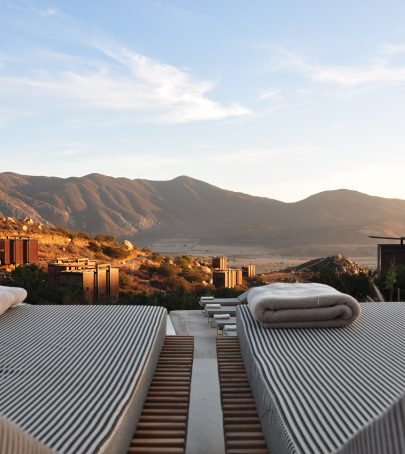

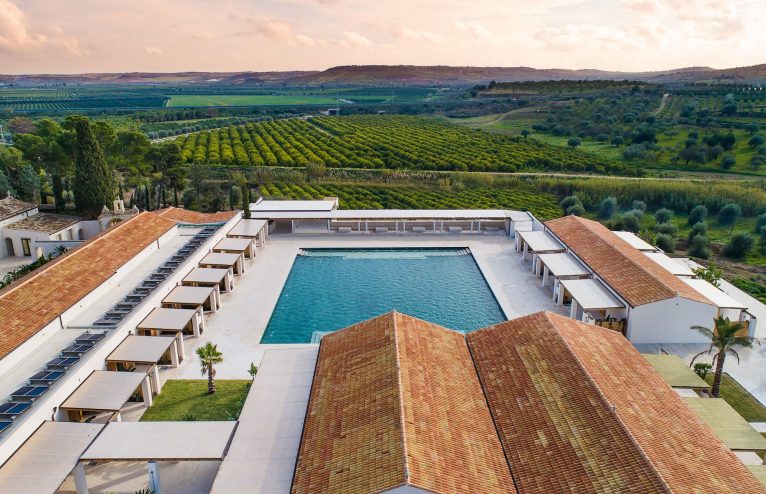
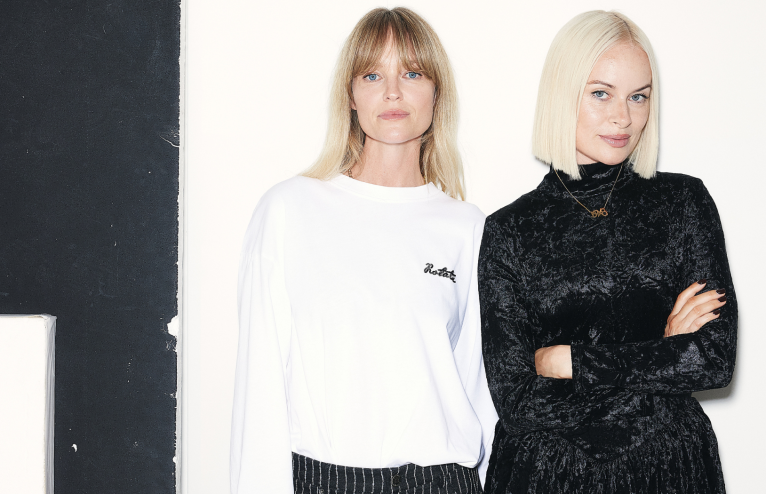
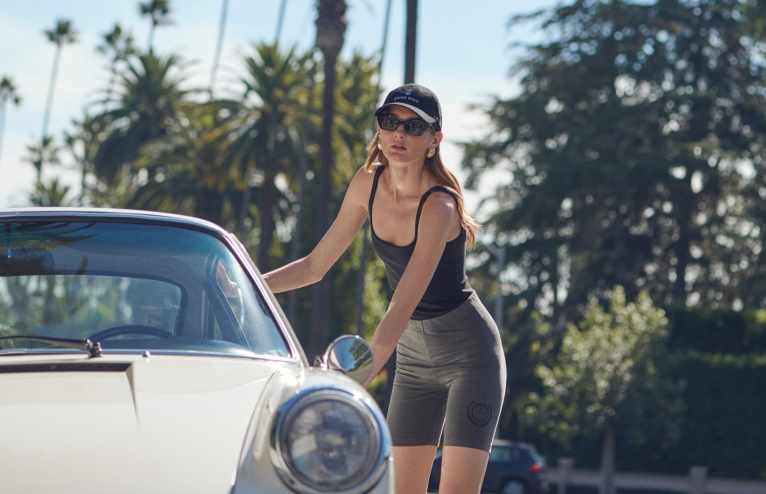
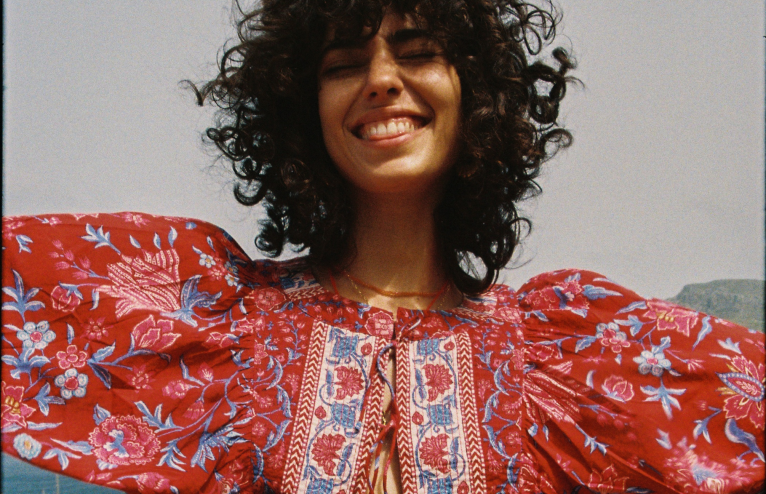
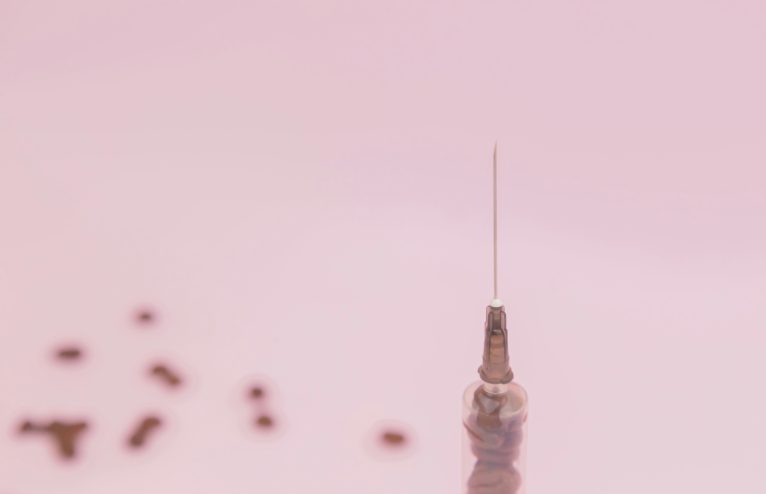
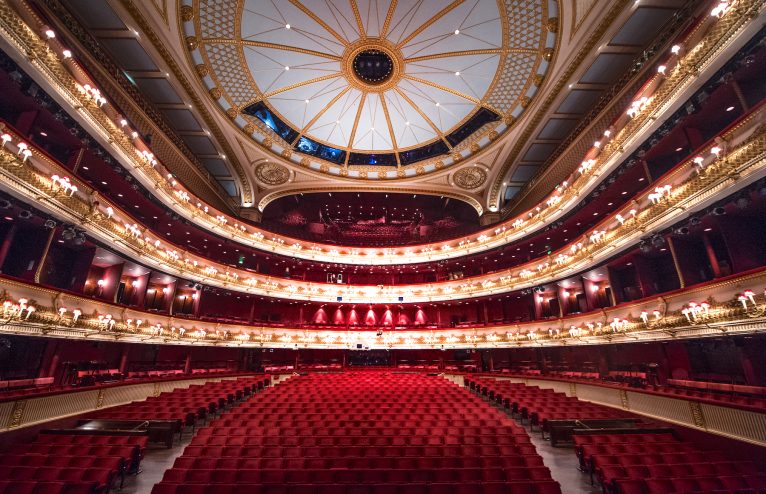
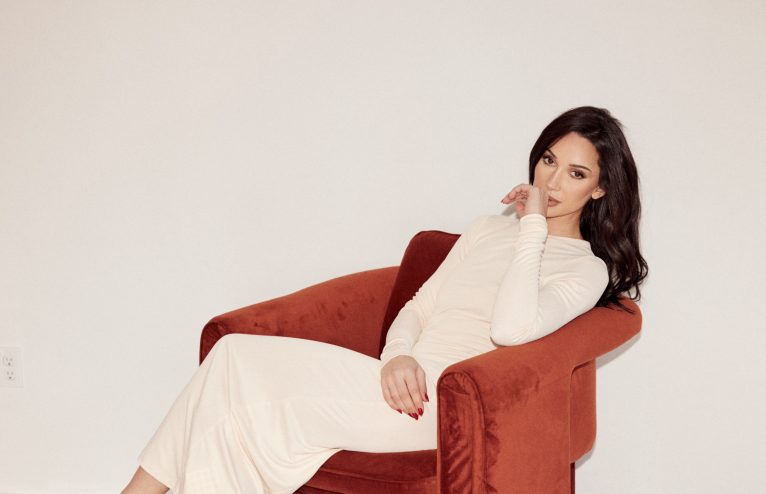
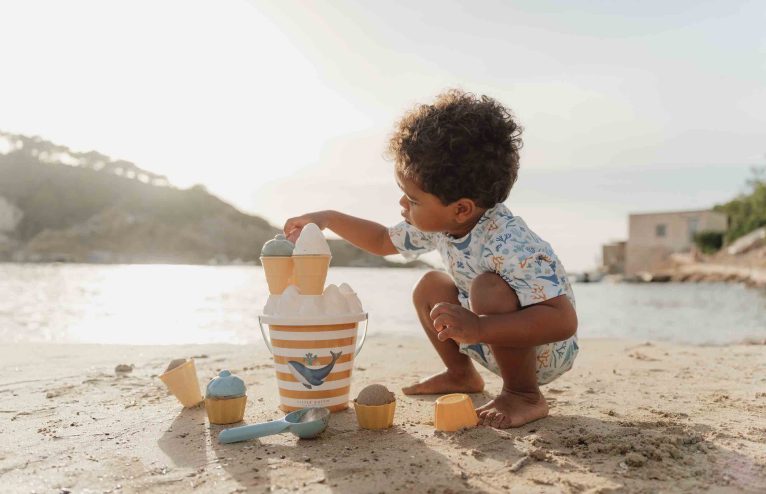

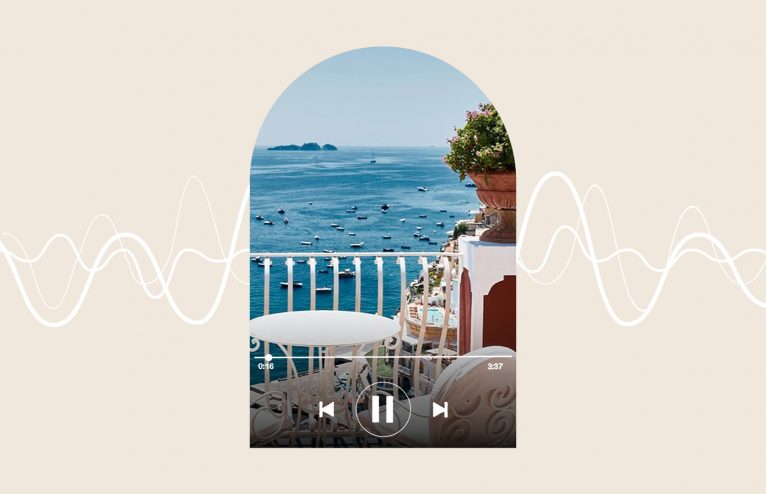
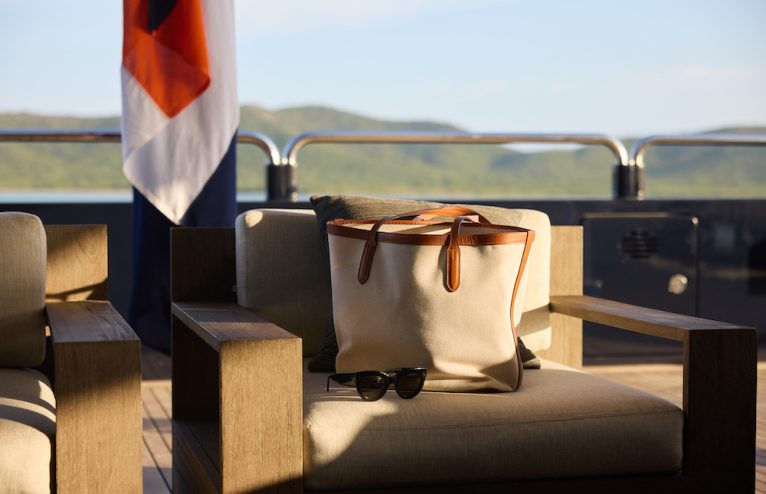
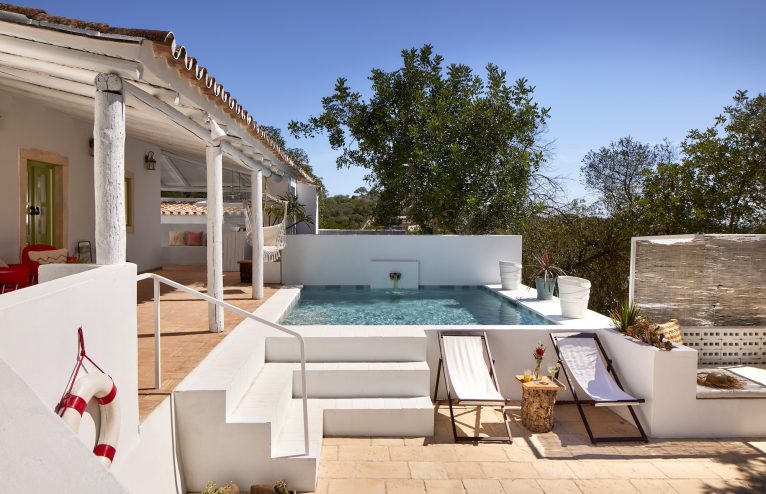
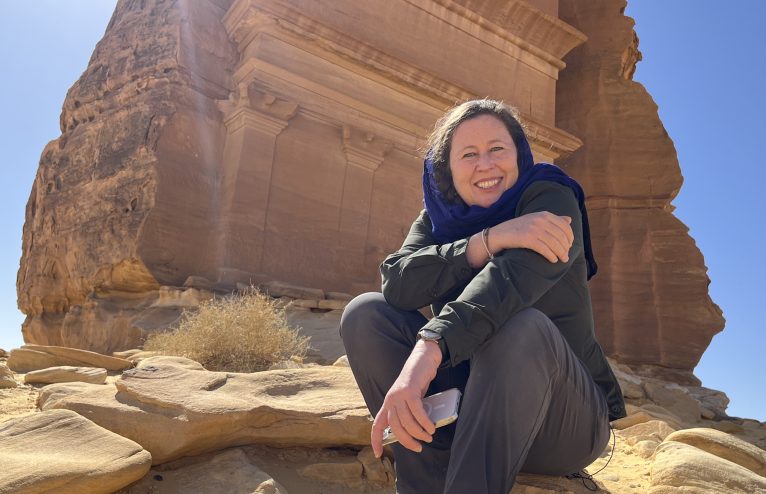
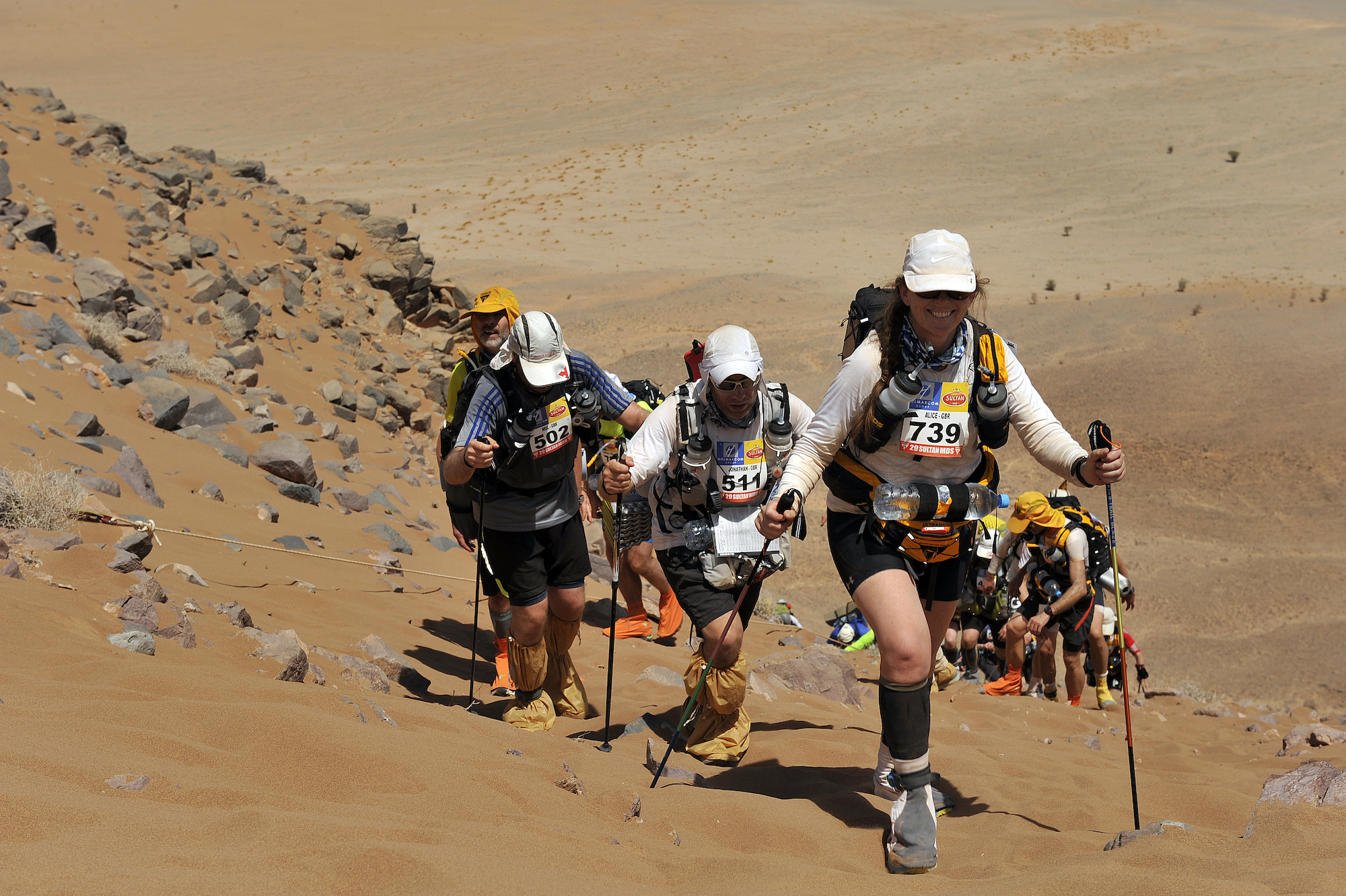







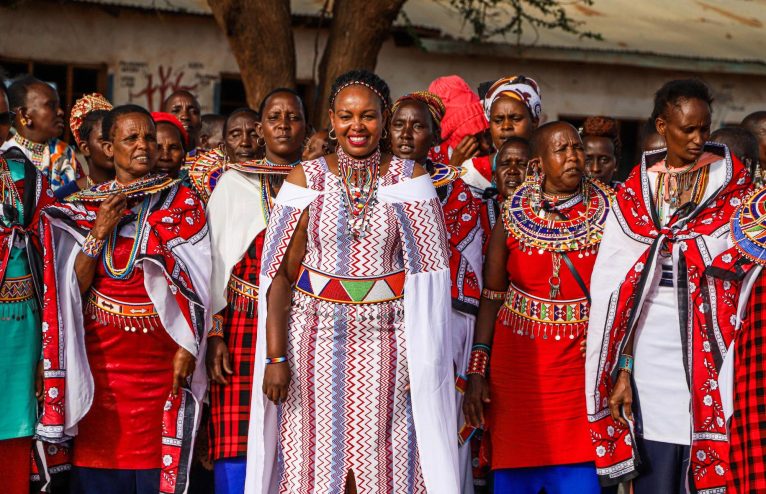
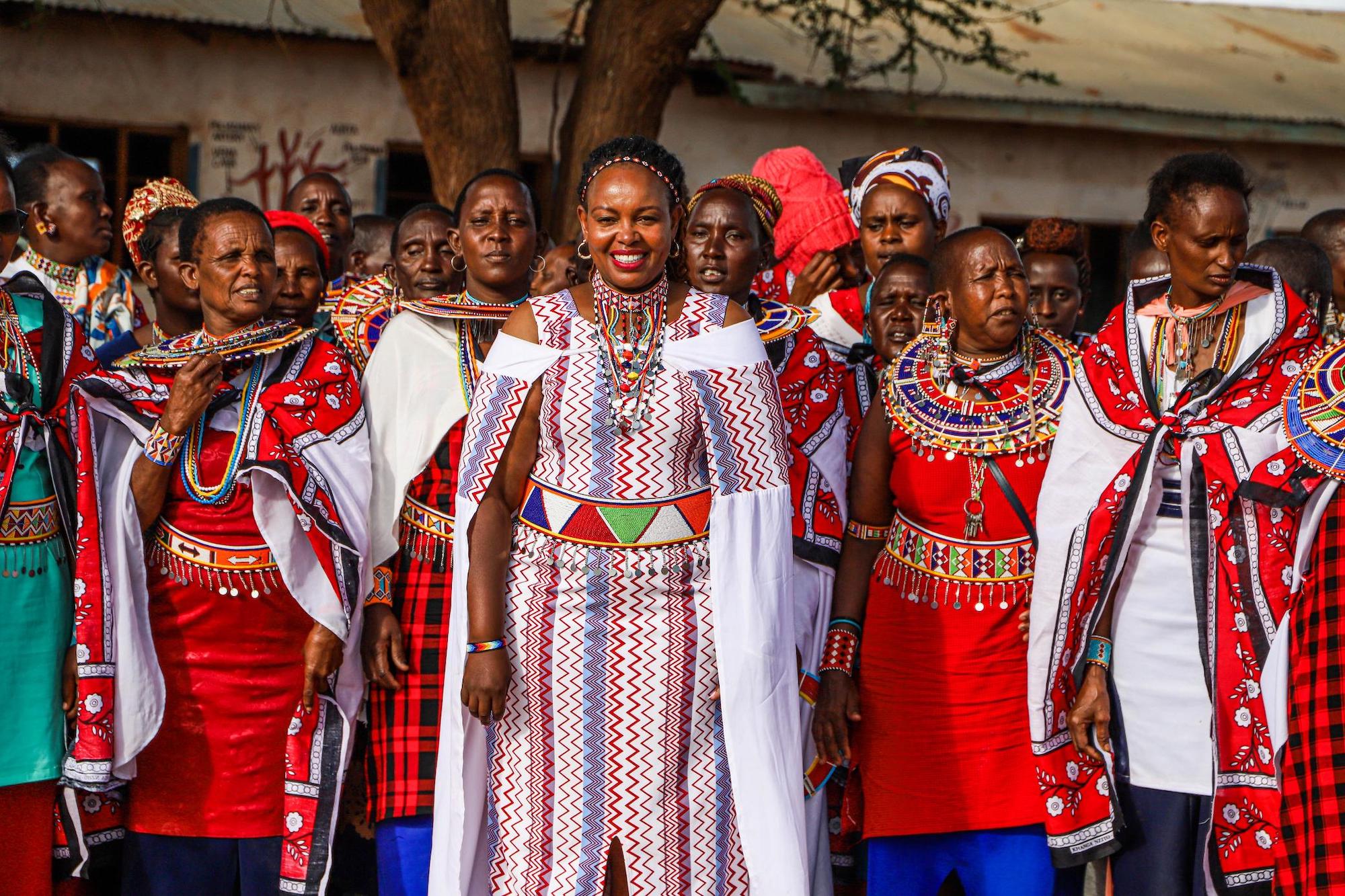
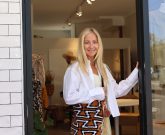
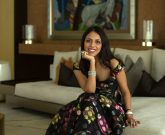
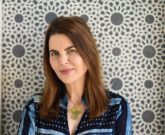
Any Questions or Tips to add?